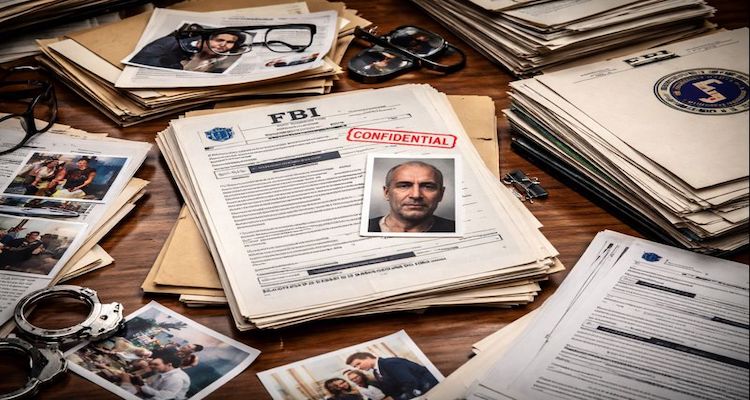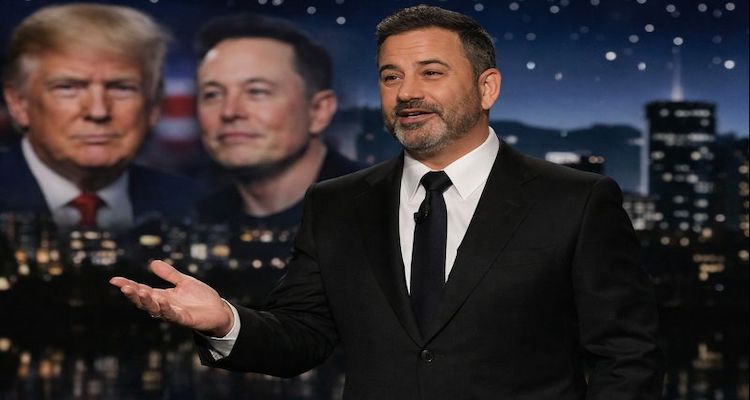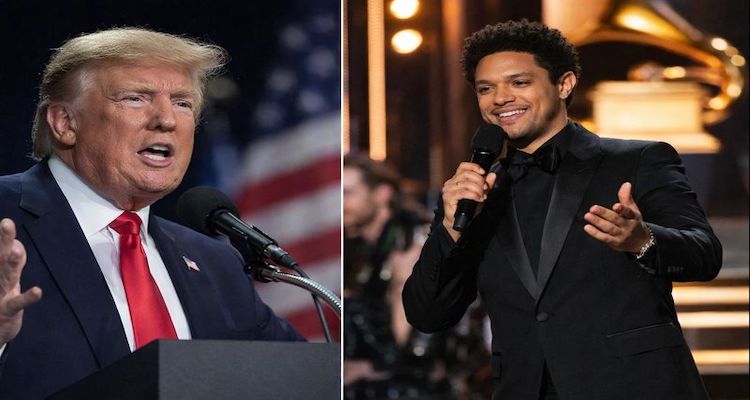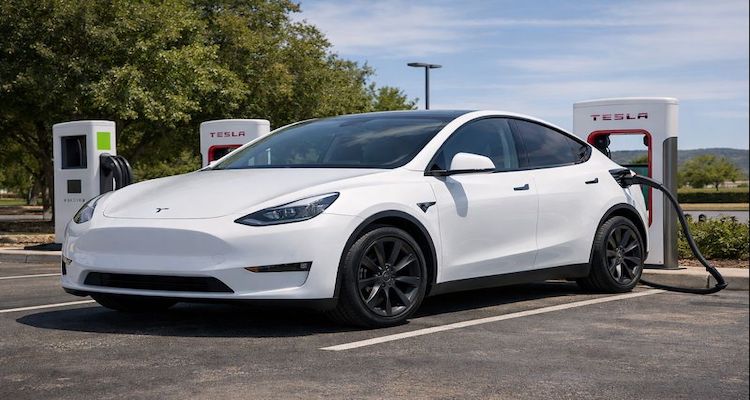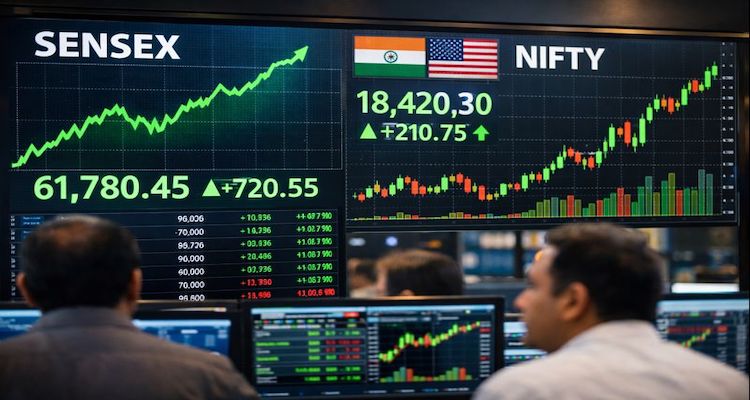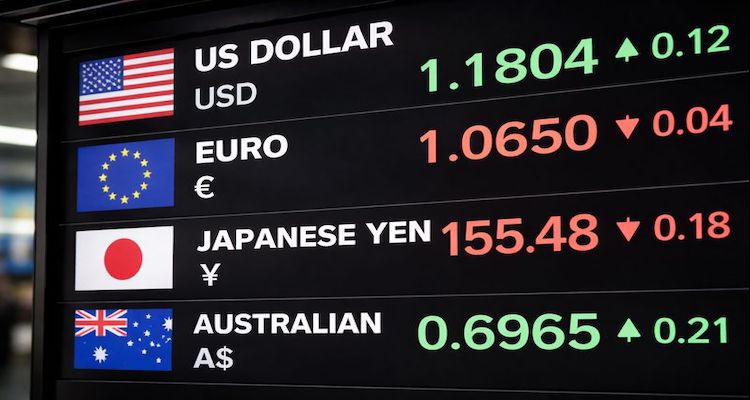Bolsonaro Sentenced to 27 Years in Brazil’s Historic Coup Trial
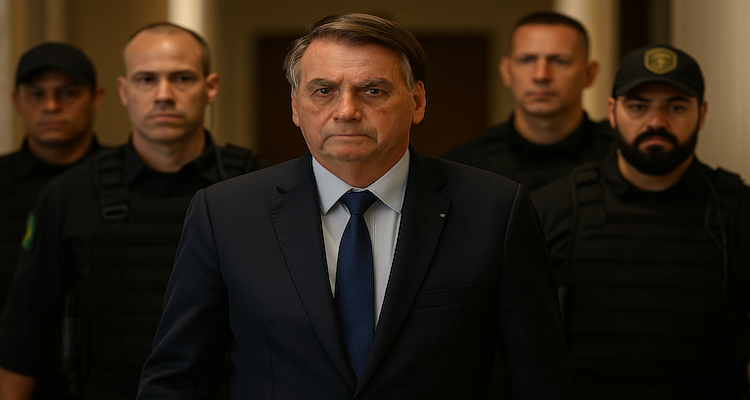
Brazil’s Supreme Court sentenced ex-president Jair Bolsonaro to 27 years for plotting a coup after the 2022 election, marking a historic defense of democracy.
A Landmark Conviction
Brazil has entered uncharted political territory. On Thursday, the nation’s Supreme Court handed former President Jair Bolsonaro a 27-year prison sentence for orchestrating a failed coup attempt to cling to power after losing the 2022 election. The ruling marks the first time in Brazil’s history that a former head of state has been convicted for undermining democracy, cementing a defining moment in the country’s democratic journey.
From Military Roots to Populist Rise
Bolsonaro, 70, is no stranger to controversy. A former army captain who openly praised Brazil’s military dictatorship (1964–1985), he spent nearly three decades in Congress before rallying a conservative coalition that carried him to the presidency in 2018. His rise was fueled by anti-establishment anger, corruption scandals, and populist promises.
During his presidency, Bolsonaro courted the far-right by questioning vaccines, encouraging deforestation in the Amazon, and casting doubt on Brazil’s electronic voting system. In the lead-up to the 2022 election, which he lost to Luiz Inácio Lula da Silva, his rhetoric turned increasingly apocalyptic—claiming his fate would be “prison, death, or victory.”
Court Delivers a Historic Verdict
The five-judge panel of Brazil’s Supreme Court convicted Bolsonaro of five major crimes, including:
-
Participating in an armed criminal organization
-
Attempting to violently abolish democracy
-
Plotting a coup d’état
-
Damaging government property and protected cultural assets
Four justices ruled for conviction, while Justice Luiz Fux dissented, questioning the court’s jurisdiction and calling for acquittal.
Justice Cármen Lúcia, in her statement, described the trial as a crossroads of “Brazil’s past, present, and future,” pointing to the country’s long struggle with military interference in politics. She stressed that Bolsonaro’s actions were driven by an intent to “erode democracy and institutions.”
Trump and Washington Respond
The case has also ignited diplomatic tensions. Former U.S. President Donald Trump, one of Bolsonaro’s closest allies, denounced the ruling as “a terrible thing,” framing it as part of a political witch hunt. In retaliation, Trump’s administration announced tariff hikes, sanctions on Brazil’s presiding justice, and visa revocations for most Supreme Court judges.
U.S. Secretary of State Marco Rubio added fuel to the fire, claiming on X that the court had “unjustly ruled.” Brazil’s Foreign Ministry fired back, condemning Rubio’s remarks as a direct attack on its sovereignty and democratic process.
Meanwhile, Bolsonaro’s son, Congressman Eduardo Bolsonaro, warned that further U.S. sanctions were likely.
Expert Insight & Public Reaction
Historians and political analysts see the conviction as a turning point. Carlos Fico, a leading scholar of Brazil’s military history, emphasized that the ruling sends a stark message to the armed forces: “There was never accountability before. Now there is.”
The Supreme Court also convicted seven of Bolsonaro’s allies, including five military officers, marking the first time in nearly 140 years of republican history that senior officers were punished for attempting to subvert democracy.
Supporters of Lula’s government argue the verdict strengthens democratic institutions, while Bolsonaro’s legal team insists the sentence is “absurdly excessive” and vowed to appeal.
Brazil’s Democracy Tested
Bolsonaro’s conviction is more than just a personal downfall, it is a test of Brazil’s democratic resilience. The ruling could shape the nation’s political landscape ahead of the 2026 election, where Bolsonaro had signaled plans to run despite being barred from office until 2030.
Justice Alexandre de Moraes, who has become a central figure in holding far-right actors accountable, has argued that jailing coup plotters is critical to safeguarding the rule of law. His tough stance has been celebrated by progressives but condemned by Bolsonaro loyalists as judicial overreach.
For Brazil, the verdict underscores that even the most powerful leaders are not above the law. As Lula’s allies framed it: the conviction ensures “no one will dare again to attack the will of the people.”
A Defining Chapter for Brazil
The 27-year sentence against Jair Bolsonaro is not only a personal reckoning for the former president but also a historic milestone for Brazilian democracy. The verdict signals a decisive shift: the era of impunity for assaults on democratic institutions may finally be over.
Whether this ruling stabilizes Brazil’s fragile political system or deepens polarization will depend on the nation’s next moves. What remains clear is that Brazil’s judiciary has drawn a firm line, one that will reverberate across its politics for years to come.
Also Read: Charlie Kirk Assassinated at Utah University Event, Political Violence Deepens

